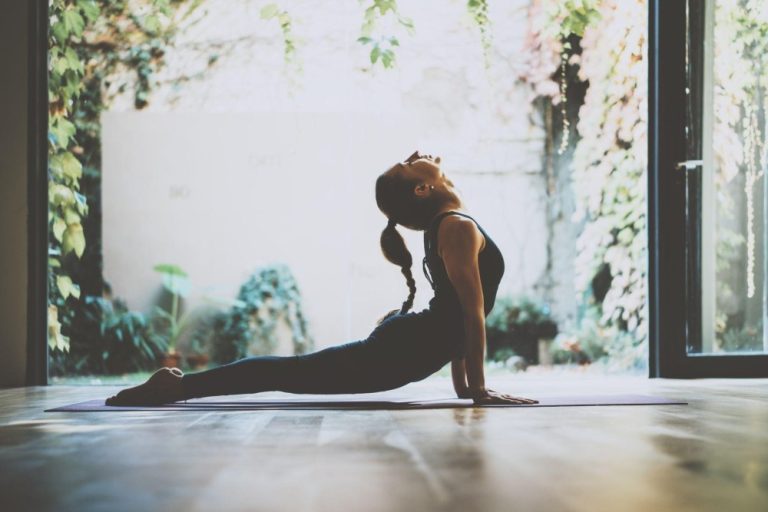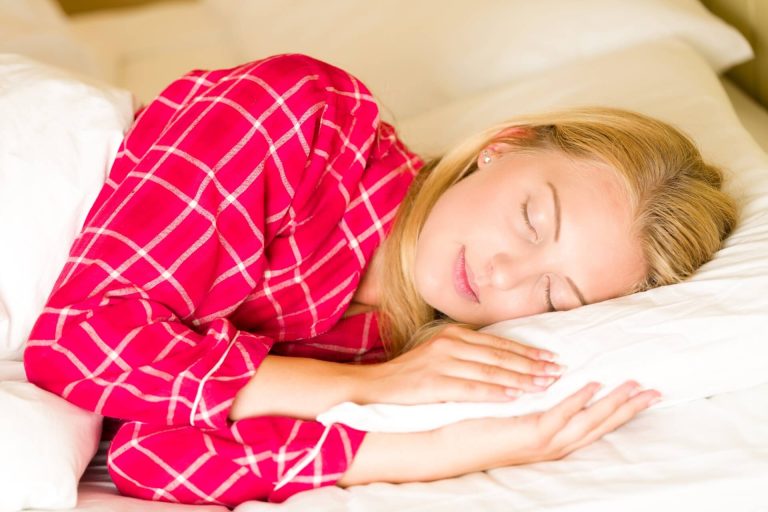7 Useful Tips To Improve Your Sleep And Feel Better
Sleep is one of the most important aspects of our lives, and yet many of us don’t get enough of it. We often sacrifice sleep in order to do more things, but this is a mistake. Sleep not only makes us feel better, but it’s also essential for our health. Here are seven tips to help you get a better night’s sleep and feel better during the day.
Table of Contents
1. Make sure your bedroom is dark, quiet, and cool
These are ideal conditions for sleep. If you can’t control the noise or light, try using earplugs or an eye mask. For example, if you live in a city and there’s a lot of street noise, earplugs can be a lifesaver.
The most important thing is to make sure your bedroom is comfortable so you can relax and fall asleep easily. Try to avoid watching television or working in bed, as this can make it harder to fall asleep. Make sure you read more on how to make your room sleep-friendly. Don’t forget to clean it too as a cluttered room can also impact your sleep.
2. Establish a regular sleep schedule
Go to bed and wake up at the same time every day, even on weekends. This will help to regulate your body’s natural sleep rhythm. If you need to, set an alarm to remind you when it’s time to go to bed.
For example, if you usually go to bed at 11 pm, aim to wake up at 7 am. This gives you eight hours of sleep, which is the minimum most adults need. Plus, it’s important to get up at the same time each day so you don’t throw off your body’s natural sleep rhythm.
3. Get enough exercise
Exercise can help you sleep better, but it’s important to do it at the right time. Avoid strenuous exercise close to bedtime as it can make it harder to fall asleep.
A moderate amount of exercise during the day is ideal. Just make sure you finish your workout at least a few hours before bedtime. You can do a variety of exercises, such as walking, running, or yoga. For example, if you usually go to bed at 11 pm, aim to finish your workout by 7 pm.
4. Avoid caffeine and alcohol
Caffeine and alcohol are stimulants that can keep you awake at night. Caffeine should be avoided after 2 pm, and alcohol should be limited to 1-2 drinks per day. Additionally, smoking is a stimulant and can also impact your sleep. If you need help quitting, there are many resources available to assist you.
Plus, caffeine and alcohol can also disrupt your sleep schedule. For example, if you drink coffee every day at 3 pm, you may find it harder to fall asleep at your regular bedtime. If you drink alcohol, you may wake up in the middle of the night and have trouble falling back asleep.
5. Avoid smoking
Smoking is another stimulant that can impact your sleep. If you smoke, it’s important to quit. There are many resources available to help you quit smoking, so don’t hesitate to ask for help. Smoking can also cause other health problems, such as lung cancer and heart disease.
In order to stop smoking, you need to be motivated to quit. Think about the benefits of quitting, such as improved health and more money in your pocket. Make a plan to quit, and ask your friends and family for support.
6. Wind down before bedtime
Establish a bedtime routine to help you relax before sleep. This could involve taking a bath, reading a book, or stretching. Avoid watching television or working on the computer in bed, as the light from these screens can keep you awake.
For example, you might take a bath at 9 pm, read until 10 pm, and then turn off the lights and go to bed. This gives you time to relax and wind down so you’re more likely to fall asleep when you get into bed.
7. Keep a sleep diary
A sleep diary can help you track your sleep habits and patterns. This can be useful in identifying anything that might be affecting your sleep, such as stress or an unhealthy diet.
To start a sleep diary, simply record the following information for each day:
-The time you went to bed and woke up
-How long it take you to fall asleep
-How many times have you woke up during the night
-How rested do you feel when you wake up in the morning
Plus, you can also use the sleep diary to track other factors that might be affecting your sleep, such as stress levels, caffeine intake, or alcohol consumption.

It’s important to get a good night’s sleep so you can feel your best during the day. These seven tips will help you improve your sleep and feel better overall. Implementing these tips may take some time, but it’s worth it for the benefits of a good night’s sleep. If you have trouble sleeping, talk to your doctor about any underlying medical conditions that might be causing your sleep problems.







